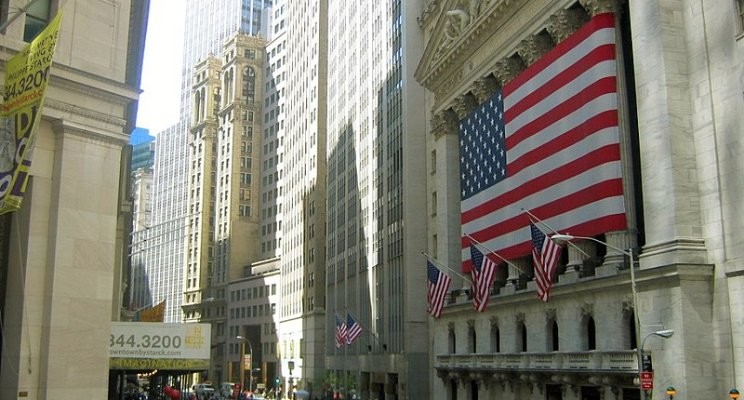
(Photo : LinkedIn)
US markets
- The upcoming U.S. election is causing shifts in financial markets, with Bitcoin and gold prices surging.
- Trump's policies are seen as inflationary, leading to stronger equities, higher yields, and a robust U.S. dollar.
- Asian shares are under pressure due to weakness in Chinese stocks, despite Beijing's stimulus measures.
- Global finance leaders are monitoring the election closely due to its potential impact on global trade, monetary policy, and investment flows.
As the world braces for the upcoming U.S. presidential election, the financial markets are experiencing significant shifts. With just two weeks to go before the November 5th election, betting markets are indicating a surge in bets on a Donald Trump victory.
The shift in sentiment is not only influencing the political landscape but also making waves in the financial markets, particularly in the realm of cryptocurrencies and gold prices.
The Republican candidate's tariff, tax, and immigration policies are perceived as inflationary, which is generally negative for bonds but positive for the dollar. Trump is also seen as adopting a more favorable stance towards cryptocurrencies. This has led to a surge in the value of Bitcoin, the world's largest cryptocurrency, which recently hit a three-month peak.
Tony Sycamore, a market analyst at IG, noted that the markets began factoring in a potential Trump victory last week, with stronger equities, higher yields, and a robust U.S. dollar. Bitcoin, in particular, has been on a roll, with a 10% gain over the past week.
Gold Prices and Asian Shares Amid Election Uncertainty
In parallel, gold prices have also hit record highs due to the ongoing conflict in the Middle East and the extremely close U.S. presidential election. The yellow metal is expected to remain in favor amidst global uncertainty.
Arun Sai, a senior multi-asset strategist at Pictet Asset Management, noted that one of the clearest Trump trades so far has been gold, given his aggressive stance on trade and willingness to weaponize the dollar.
Asian shares, on the other hand, have been under pressure due to weakness in Chinese stocks. Despite Beijing's slew of stimulus measures announced in late September, investor optimism has turned into caution as they await further details of more fiscal support from policymakers.
Equities in Hong Kong were last down 0.6%, while China's blue-chip index swung between losses and gains. This has capped gains in MSCI's broadest index of Asia-Pacific shares outside Japan, which were last up a marginal 0.11%.
Global Finance Leaders and Market Reactions
The current stance of global finance leaders regarding the U.S. presidential election is one of anticipation and caution. They are closely monitoring the election due to the different economic policies proposed by the candidates, which could have far-reaching implications for global trade, monetary policy, and investment flows.
A potential Trump victory is seen as likely to continue inflationary policies and a more protectionist stance on trade, which could impact bond markets negatively and support assets like the dollar and cryptocurrencies.
The recent actions of the US Federal Reserve and the European Central Bank have had significant impacts on global financial markets. The US Federal Reserve's decision to cut interest rates, albeit with expectations of a strong labor market, has influenced global bond yields and currencies.
A rate cut typically weakens the US dollar, making it cheaper relative to other currencies, which can affect global trade dynamics and make exports from dollar-pegged countries more expensive. However, if the cut signals economic concerns, it can also lead to a flight to safety, boosting the value of safe-haven assets like gold.









